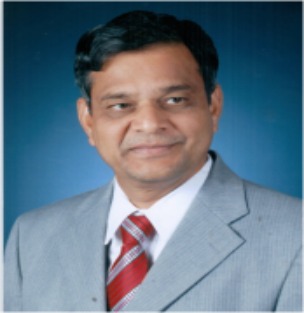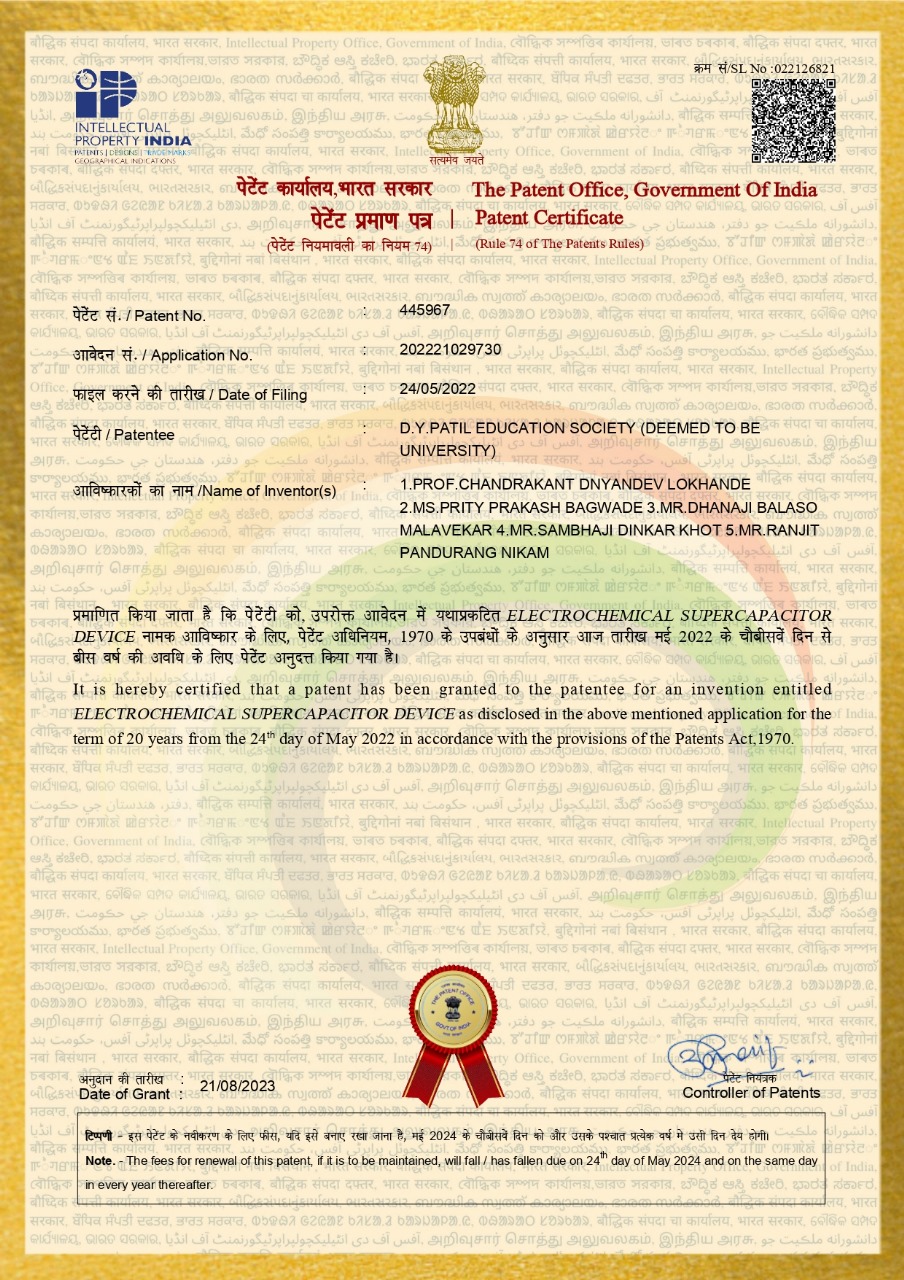- About Course
- Brochure
- Programm Outcome (PO)
- Course Outcomes (CO)
- Syllabus
- Faculty
M. Sc. MEDICAL PHYSICS
(Approved by Atomic Energy Regulatory Board, Mumbai)
Overview:
On successful completion of M. Sc. Medical physics course, all students are required to undergo one year internship at AERB recognized institutes. This is a mandatory requirement for becoming qualified medical physicists and appearing in the RSO examination.
Eligibility:
B.Sc. Physics with aggregate 60%.
Course Structure:
| Paper I | Mathematical Physics(MP101) | Paper‐II | Solid State Physics(MP102) |
| Paper‐III | Electronics And Instrumentation(MP 103) | Paper‐IV | Classical And Quantum Mechanics(MP 104) |
| Paper‐V | Electrodynamics(MP201) | Paper‐VI | Nuclear Physics(MP 202) |
| Paper‐VII | Radiation Physics & Radiation(MP 203) | Paper‐VIII | Anatomy And Physiology(MP 204) |
| Paper‐IX | Radiation Detectors And Instrumentation(MP 301) | Paper‐X | Radiation Dosimetry And Standardization(MP 302) |
| Paper‐XI | Clinical And Radiation Biology(MP 303) | Paper‐XII | Medical Imaging(MP 304) |
| Paper‐XIII | Nuclear Medicine And Internal Dosimetry(MP 401) | Paper‐XIV | Radiation Therapy – Teletherapy(MP 402) |
| Paper‐XV | Radiation Therapy- Brachytherapy (MP 403) | Paper‐XVI | Radiation Safety(MP 404) |
| PO1 | Knowledge and Skills |
| PO2 | Planning and Problem-solving abilities |
| PO3 | Communication |
| PO4 | Research Aptitude |
| PO5 | Professionalism and Ethics |
| PO6 | Leadership |
| PO7 | Societal Responsibilities |
| PO8 | Environment and Sustainability |
| PO9 | Lifelong Learner |
PO1: Possess knowledge of basics human anatomy, Nuclear & Radiation Physics, Diagnostic radiology, Radiotherapy, Brachytherapy, Nuclear Medicine, Radiation Detection, Dosimetry, Radiation Biology, and Radiation Safety as recommended by the Atomic Energy Regulatory Board (AERB) Mumbai / International Regulatory agencies.
PO2: Demonstrate an ability to apply the knowledge acquired through the state-of-the art radio therapeutic techniques and medical imaging for providing and ensuring safety treatment for the needy human.
PO3: evelop communication skills to communicate effectively in interviews, patient, colleagues, healthcare sector, industries, academia for collaborative research by explaining their ideas with good interpersonal and workplace-based skills.
PO4: Do research in radiation application in cancer treatment, Radiation Measurement, Radiation Biology, Artificial Intelligence application on Radiation Therapy, Cancer diagnosis, handling and maintenance radiation therapy installation and instrumentation.
PO5: Develop understanding and implementation of ethics in profession, research, society, workplace, clinical research and human trials.
PO6: Develop leadership skills, to work effectively and efficiently, logical reasoning, time management, values required for self- directed and lifelong learning, soft skills for professional development and execute their professional roles in society as Medical Physicist/Radiation Safety officers.
PO7: Develop character with good moral values, human values, good social behavior, gratitude, honesty, ethics, safety, hygiene, responsibility, confidence, tolerance and critical thinking.
PO8: Able to contribute in environment and sustainable development to achieve the national sustainable development goals.
PO9: Lifelong learning in Physics Stream.
Course Outcomes (CO)
Paper I: MP101: Mathematical Physics
At the end of the course student will be able to:
Paper II: MP102: Solid State Physics
At the end of the course student will be able to:
Paper III: MP103: Electronics and Instrumentation
At the end of the course student will be able to:
Paper IV: MP104: Classical and Quantum Mechanics
At the end of the course student will be able to:
Paper V: MP201: Electrodynamics
At the end of the course student will be able to:
Paper IX: MP301: Radiation Detectors and Instrumentation
On successful completion of the course, the students will be able to:
Paper X: MP302: Radiation Dosimetry and Standardization
At the end of the course student will be able to:
Paper XI: MP303: Clinical and Radiation Biology
At the end of the course student will be able to,
Paper XII: MP304: Medical Imaging
At the end of the course student will be able to,
Paper XIII: MP401: Nuclear Medicine and Internal Dosimetry
At the end of the course student will be able to:
Paper XIV: MP402: Radiation Therapy-Teletherapy
At the end of the course student will be able to:
Paper XV: MP403: Radiation Therapy-Brachytherapy
At the end of the course student will be able to,
Paper XVI: MP404: Radiation Safety
At the end of the course student will be able to:

Supercapacitors , Gas Sensors Solar Cells , Photoelectrochemical Cells , Nanomaterials

Nanomaterials, Supercapacitor, Photocatalyst

Materials Science, Magnetic Nanoparticles, Magnetic Hyperthermia

Nanomaterials, Photocatalysis

Radiation Biology

Medical Physics

Rechargeable secondary ion batteries, supercapacitor, thin film solar cells.

